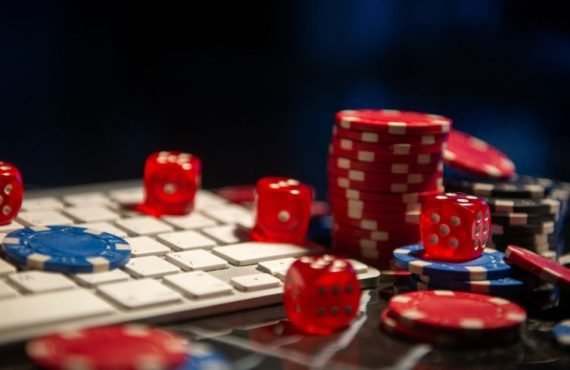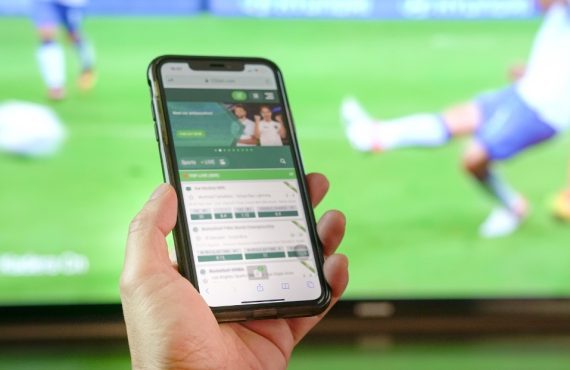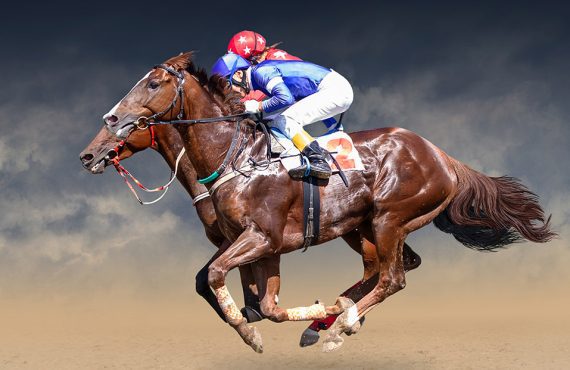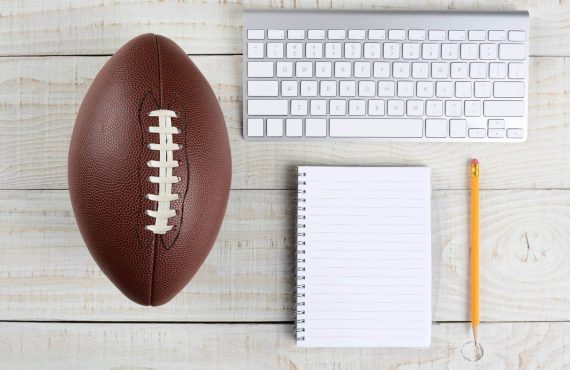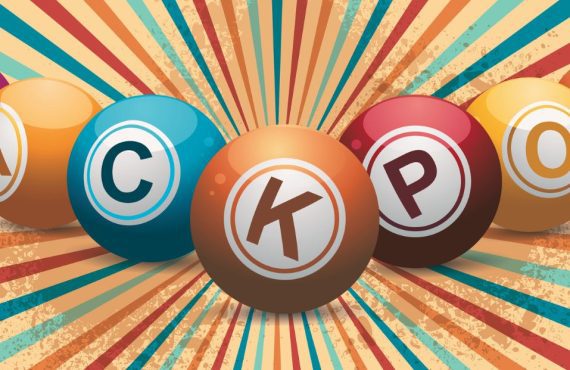Michigan Gambling Laws
Michigan is one of the most comprehensive and well-regulated online gambling markets in the United States. Since the enactment of the Lawful Internet Gaming Act in 2019, the state has progressively expanded its legal gambling offerings, providing residents and visitors with a wide array of options, including online casinos, sports betting, and more.
This page breaks down the various laws that have allowed gambling of all stripes to proceed in Michigan. We will explain how casinos, sportsbooks, lottery providers, and racetracks are regulated and delve into the legal gambling age in Michigan.
Legal online gambling in Michigan
Thanks to a series of comprehensive laws, most gambling options are legal in Michigan. Residents can play thousands of real-money casino games, join poker tournaments and cash games, bet on pro and college sports, purchase online lottery tickets, enter daily fantasy sports contests, and place pari-mutuel wagers on horse races—all legally and securely within the state.
Michigan retail gambling locations and the law
Michiganders can visit commercial casinos and tribal casinos. Many of those resorts also host sportsbooks and poker rooms. Additionally, there is a single horse racing track in the Great Lakes State.
Commercial casinos
Michigan voters authorized three commercial casinos in Detroit when they approved Proposal E in November 1996. This formed the basis of the Michigan Gaming Control & Revenue Act, which was signed in 1997.
MGM Grand Detroit and MotorCity Casino opened in 1999. Greektown Casino Hotel, which is now known as Hollywood Casino at Greektown, then launched in 2000.
These Detroit-based commercial casinos in Michigan are permitted to offer slot machines and table games. They also host retail poker rooms.
Tribal casinos
Michigan’s 12 federally recognized Native American tribes run land-based casinos across the Great Lakes State. Some tribes only run a single casino, whereas others have several casino resorts.
There are now 23 Class III tribal casinos in Michigan. They operate under tribal-state gaming compacts, which permit them to offer slots, table games, and poker rooms.
Native American tribes are sovereign nations, so the state of Michigan does not hold general regulatory authority over tribal casinos. They are regulated by the National Indian Gaming Commission, under the authority of the federal Indian Gaming Regulatory Act of 1988.
Tribal casinos are also regulated by each tribal community’s government. Many of them have their own gaming commissions.
Sportsbooks
Retail sports betting was also legalized via the Lawful Internet Gaming Act. Land-based sportsbooks must be located at commercial casinos in Detroit or tribal casinos.
There are 20 retail sports betting lounges in Michigan. Some of the largest sportsbooks include the BetMGM Sports Lounge at MGM Grand Detroit, FanDuel Sportsbook at MotorCity Casino, and ESPN Bet Sportsbook at Hollywood Casino at Greektown.
Retail sportsbooks at commercial casinos also pay 8.4% revenue tax in Michigan. The state receives 3.78% and the city of Detroit receives 4.62%.
Racetracks
Michigan authorized pari-mutuel betting on horse races via the Racing Act of 1933. The law has been amended several times during the ensuing decades, and horse racing now operates under the Horse Racing Law of 1995.
There is only one horse racing track in Michigan: Northville Downs, which is located about 28 miles west of Downtown Detroit. Northville Downs hosts live racing, and simulcast racing is also available, allowing visitors to bet on races taking place across the country throughout the year.
Michigan does not have any off-track betting parlors, so Northville Downs is the only venue that offers in-person betting for horseplayers. However, it has partnered with TwinSpires and Flutter Entertainment, which owns TVG and FanDuel Racing, so you can place online wagers on horse races from anywhere in the state.
Michigan Lottery
The Michigan Lottery was established in 1972 under the authority of Public Act 239. The first tickets went on sale in November 1973, and a Chrysler Automobile plant worker named Hermus Millsaps won the first $1 million prize three months later.
There are now approximately 10,500 licensed lottery retailers in Michigan. Many of them are small, family-owned businesses. Retailers include convenience stores and gas stations, which sell lottery draw tickets, scratchers, pull-tabs, and keno tickets.
Michigan gambling law FAQ
The legal gambling age is 21 in Michigan for casino games, poker, and sports betting. That applies to in-person gambling and online casinos, poker rooms, and sportsbooks. You must be 18 or older to buy lottery tickets, place pari-mutuel bets on horse races, enter fantasy sports contests, or to play charity games like bingo, pull-tabs, and raffles
The Multi-State Internet Gaming Agreement (MSIGA) is a compact that allows Michigan to share online poker players with New Jersey, Nevada, Delaware, and West Virginia. It means that Michiganders can play poker with players located in New Jersey and Nevada at WSOP.com, while PokerStars covers both Michigan and New Jersey.
Yes, Canadians can play games at Michigan online casinos, but only if you are physically located in Michigan. You will need to turn on your phone’s location services when using a Michigan casino app or install a GeoComply plugin if you are using a laptop.
However, Ontario is the only Canadian province that borders Michigan. Ontario has its own regulated online casinos, so it would make more sense for Ontarians to use the local versions of apps like BetMGM and DraftKings Casino rather than driving into Michigan.
